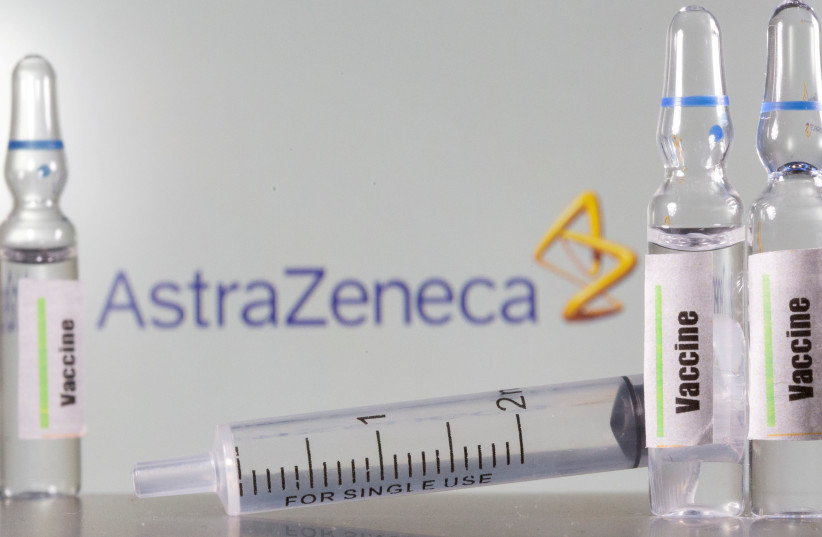AstraZeneca said the day before that its COVID-19 vaccine developed with the University of Oxford was 79% effective in preventing symptomatic diseases in a large trial in the United States, Chile and Peru.
“The DSMB expressed concern that AstraZeneca may have included outdated information from that study, which may have provided an incomplete view of the effectiveness data,” said the US agency, referring to the Data Security Monitoring Council (DSMB ) independent.
“We urge the company to work with the DSMB to review effectiveness data and ensure that the most accurate and up-to-date effectiveness data is made public as soon as possible.”
The request cast doubt on the company’s plan to seek authorization for emergency use of the vaccine in the United States in the coming weeks.
Authorization and guidelines for vaccine use in the United States will be determined by the Food and Drug Administration and the Centers for Disease Control and Prevention after a thorough analysis of the data by independent advisory committees, said NIAID, part of the National Institutes of Health .
AstraZeneca did not immediately respond to a request for comment from Reuters.
cnxps.cmd.push (function () {cnxps ({playerId: ’36af7c51-0caf-4741-9824-2c941fc6c17b’}). render (‘4c4d856e0e6f4e3d808bbc1715e132f6’);});
if (window.location.pathname.indexOf (“656089”)! = -1) {console.log (“hedva connatix”); document.getElementsByClassName (“divConnatix”)[0].style.display = “none”;}
Acclaimed as a milestone in the fight against the COVID-19 pandemic when it emerged as a vaccine candidate last year, the AstraZeneca injection has been haunted by doubts about its effectiveness, dosage regimen and possible side effects.
